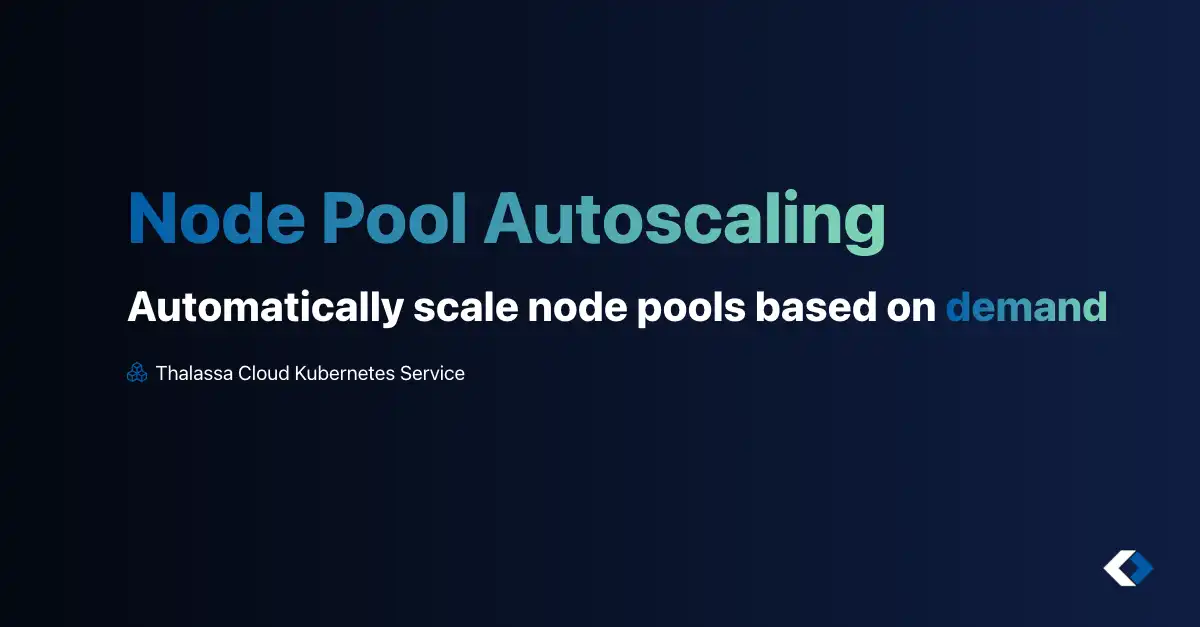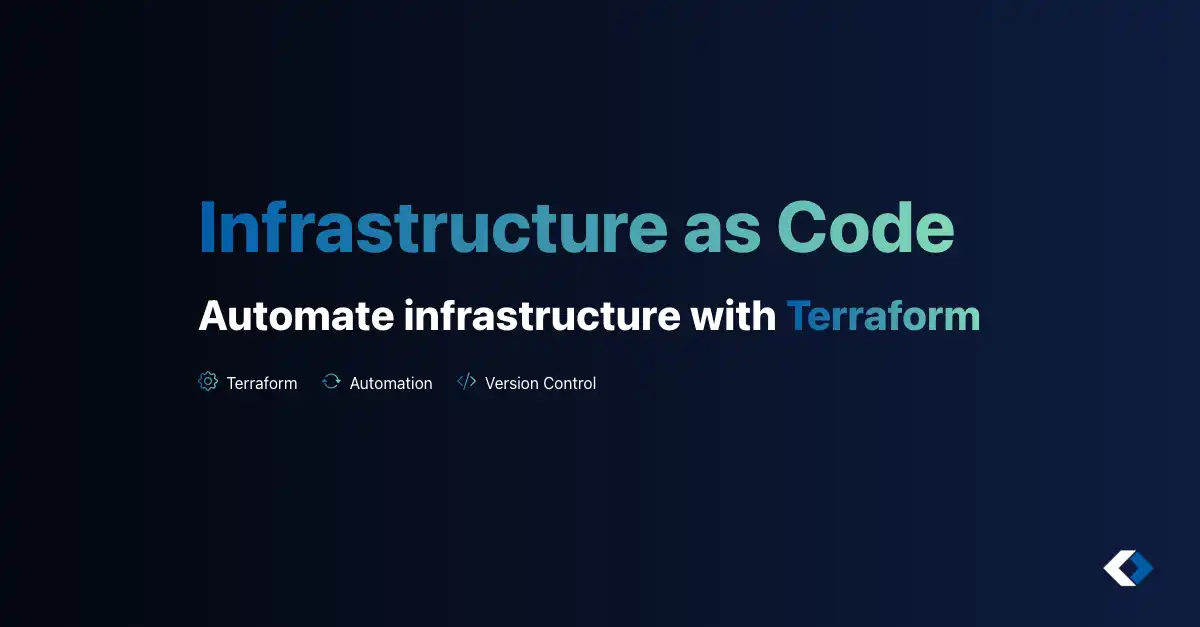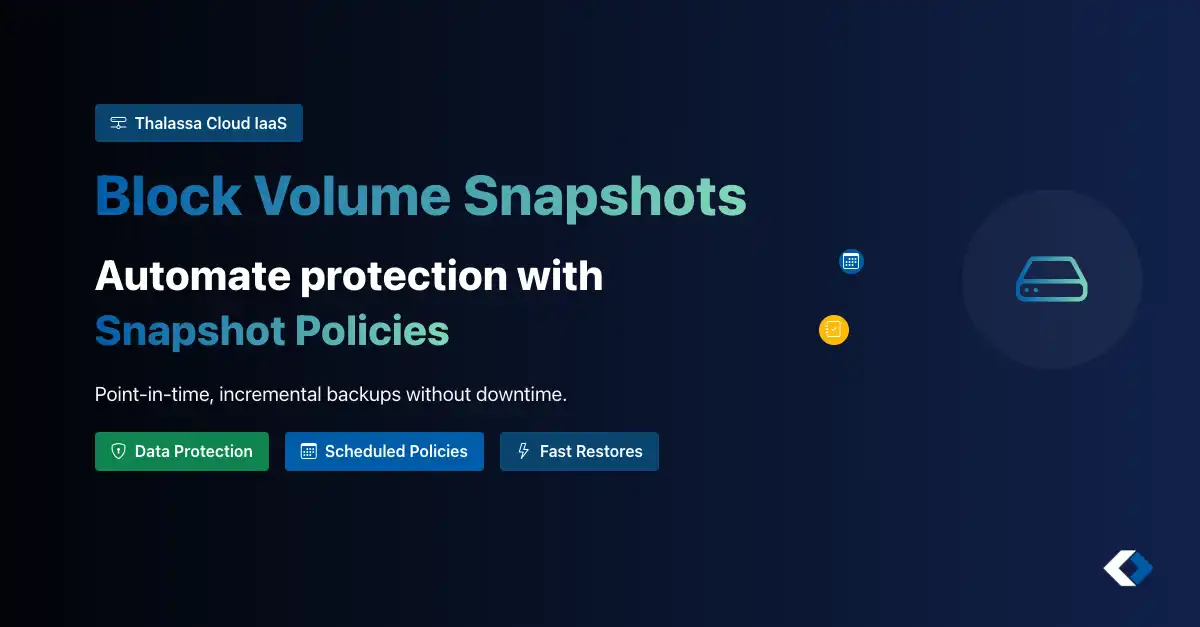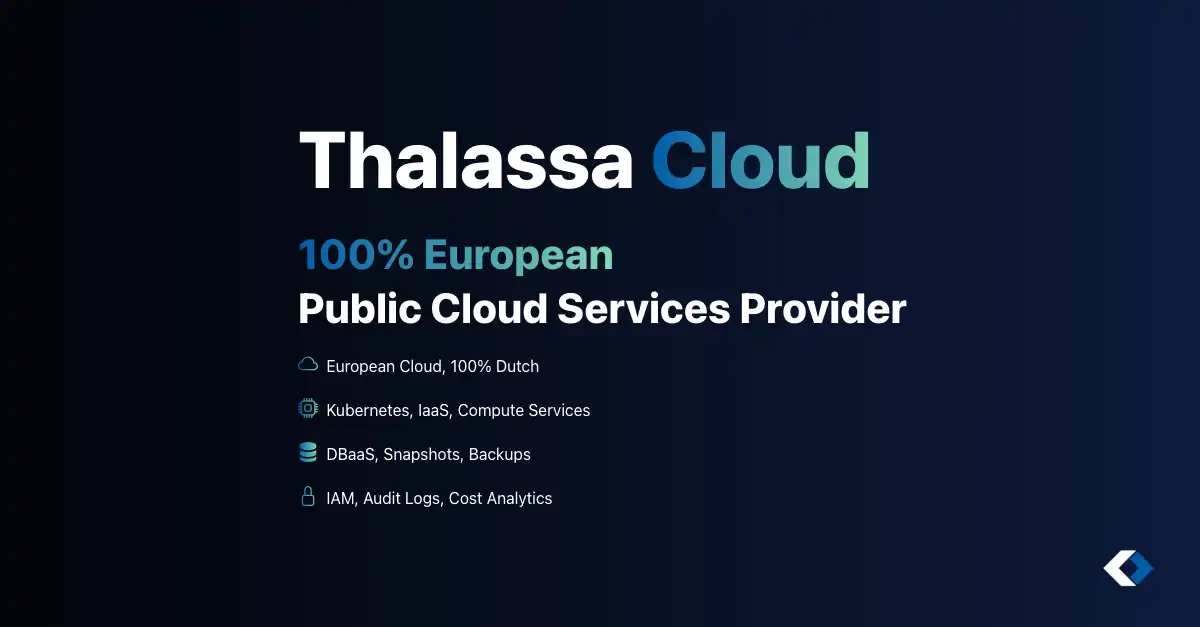We recently introduced Block Volume Snapshots and Snapshot Policies in Thalassa Cloud. This adds simple, reliable data protection and recovery workflows for your IaaS workloads without disrupting running applications. Snapshots is one of the core building blocks for operating modern cloud services in a safe manner. I.g. quickly restoring or cloning a database, or for additional back up strategies.
What are Block Volume Snapshots?
Block Volume Snapshots are point‑in‑time, incremental copies of a Block Volume. They do not pause or impact running workloads, which makes them a practical foundation for backups, cloning environments, and disaster recovery.
You can take snapshots on demand or trigger them automatically through policies. Restores create a brand‑new Block Volume from a snapshot, keeping the source volume unchanged so rollbacks are safe. Snapshot Policies let you automate schedules and retention, so protection happens without manual effort.
Snapshot Policies
Policies define when to take snapshots, how long to keep them, and which volumes they apply to. Scheduling uses a cron‑style format with a minimum cadence of hourly. Retention can be expressed as a time‑to‑live in days, a keep count, or both. You can target specific volume IDs or select groups of volumes via labels.
A balanced strategy often combines short‑term and long‑term points. For example: keep 24 hourly snapshots for near‑term rollbacks, 7 daily snapshots for the last week, and 4 weekly snapshots for a month of history.
Restoring from a snapshot
Restores always create a new volume and never modify the original source. After the restore completes, attach the new volume to the target VM and run any required filesystem checks before putting it into service.
Kubernetes CSI Integration
Our Block Volume Snapshots and Policies integrate with Kubernetes via CSI, so you can manage snapshots using Kubernetes‑native resources and workflows. Automate creation, retention, and restores as part of your deployments and CI/CD. At a glance:
- Automate with native resources (VolumeSnapshot, VolumeSnapshotClass)
- Keep snapshots consistent with your workloads
- Scale across namespaces and clusters
- Integrate with tools such as Velero
Learn more: Kubernetes Volume Snapshots.
Notes and limits
Block‑level snapshots capture the underlying blocks on the volume. If a filesystem is corrupted at the time of capture, that corruption is included in the snapshot. For robust data safety, combine snapshots with other backup strategies (e.g., file‑level backups, offsite copies, and application‑aware exports).
- Quotas and per‑volume snapshot limits apply; check your Organisation Quotas for current allocations.
- When restoring, the target volume size must be greater than or equal to the snapshot’s restore size.
Learn more in the docs: Block Volume Snapshots.
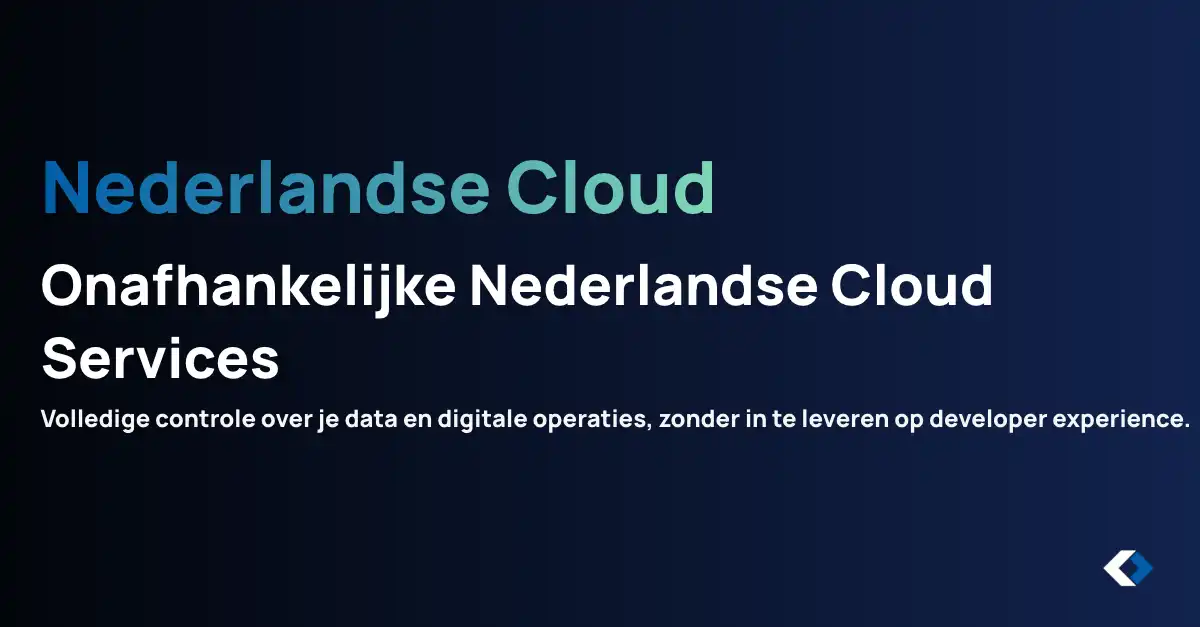
 Thalassa Cloud
Thalassa Cloud